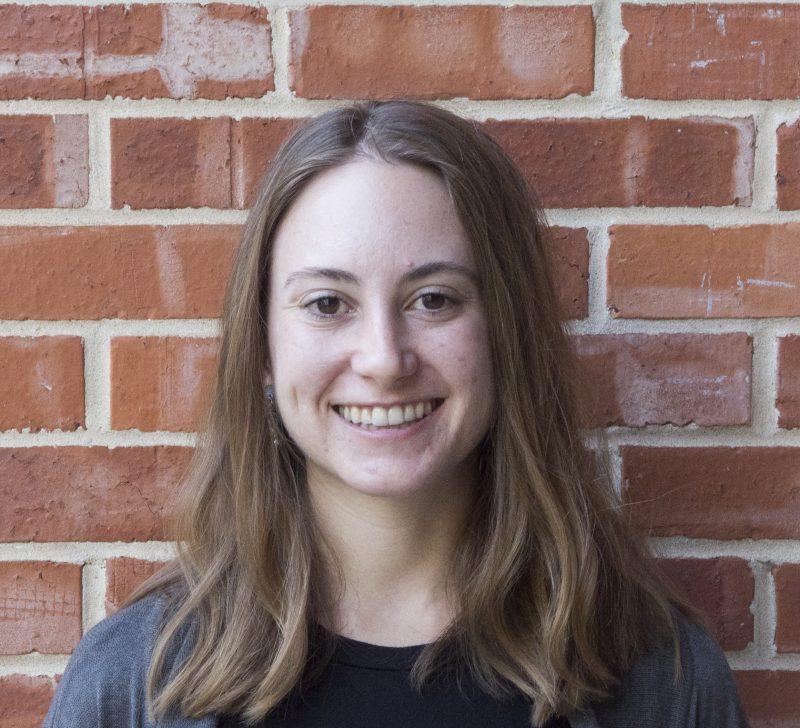Last May, I experienced a major life change. As exciting as this life change has been for me, it has proven tricky to share with my friends and loved ones. When I converted to Christianity by asking Jesus into my heart, the people in my life were unsure of what this would mean for their relationships with me.
Whether due to terrible childhood experiences in church or offense taken by the shared activities I no longer take part in, friends have taken steps back from me in anticipation of the cruel judgment they fear I might now offer them. A number of my friends and family consider me the victim of a cult that preys upon ignorance and fear, and advise me not to bring God up in conversation. I have been warned not to become one of those Evangelist extremists.
Almost daily, I am asked questions by friends and strangers about my faith. Where do I think God came from? What do I think is up with outer space? What do I think about homosexuality? What is my stance on abortion?
Mostly, people are just curious. But there are also many people who ask me these questions in the form of interrogation, because they are making sure I am someone they want to be around. And there are also a number of these people who are asking not to hear my views, but to find opportunities to argue their own.
It is not my intention to air my grievances over prejudices faced. My life is blessed and there are many kind and wonderful people with whom I am able to spend my time. Things could be much worse.
But I would like to present some of the thoughts that have occurred to me as someone whose perspective on belief has recently shifted, and whose interactions with people have been affected. I want to talk about religious tolerance.
Religious tolerance is about inclusivity towards all people regardless of beliefs, not inclusivity towards all beliefs. Because inclusivity towards all beliefs is actually against the doctrine of many religions, and this distinction needs to be recognized so as to be respectful.
There are beliefs and lifestyles that I will not accept as equally right or good. But this does not mean that I will prevent others from making their own decisions, nor does it mean that I will not be able to respect and love people who disagree with me. And though I naturally believe my religion is better, I do not think myself better than anyone else.
The ways in which people of different beliefs approach tolerance will vary. For instance, as a Christian, I am tolerant of others because I believe in the free will we have all been granted by God and because I believe it is my job to be a loving neighbor to all human beings (Leviticus 19:18; Mark 12:31; Luke 6:27; Matthew 7:12; Romans 15:12).
It is my duty to have discretion in my own life and not to judge others lest I too be judged. By contrast, my best friend’s approach to tolerance is in the belief that all religions can be true and that it is therefore unnecessary to be discriminatory towards people of these different beliefs or towards the beliefs themselves. However, my friend is more widely accepted as tolerant than I am.
I have learned two things that need to be kept in mind for tolerant conversation between people of different beliefs. One is to only ask questions for the sake of understanding, never to start an argument.
The other is to be open to sharing, while being careful not to push. A tolerant conversationalist does not have points to make, but thoughts to share.
I have learned one more thing: Everyone has beliefs. The task of tolerance is one that must be taken up by everyone. Not just those of specific religions. Everyone has dignity.
We need to acknowledge how others see the world, and all the ways that this manifests in people’s daily lives. Only then can we truly hold space for one another.







